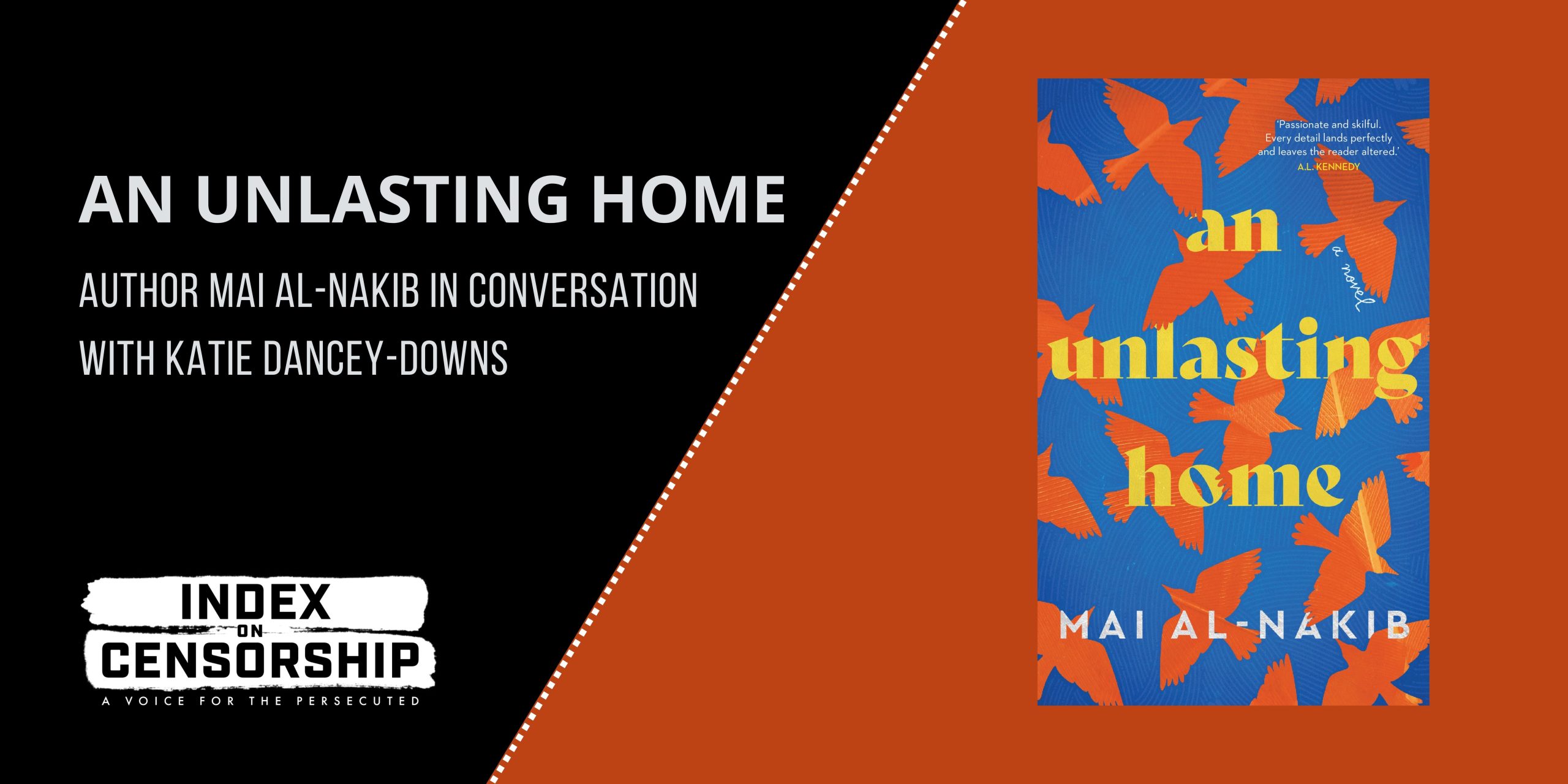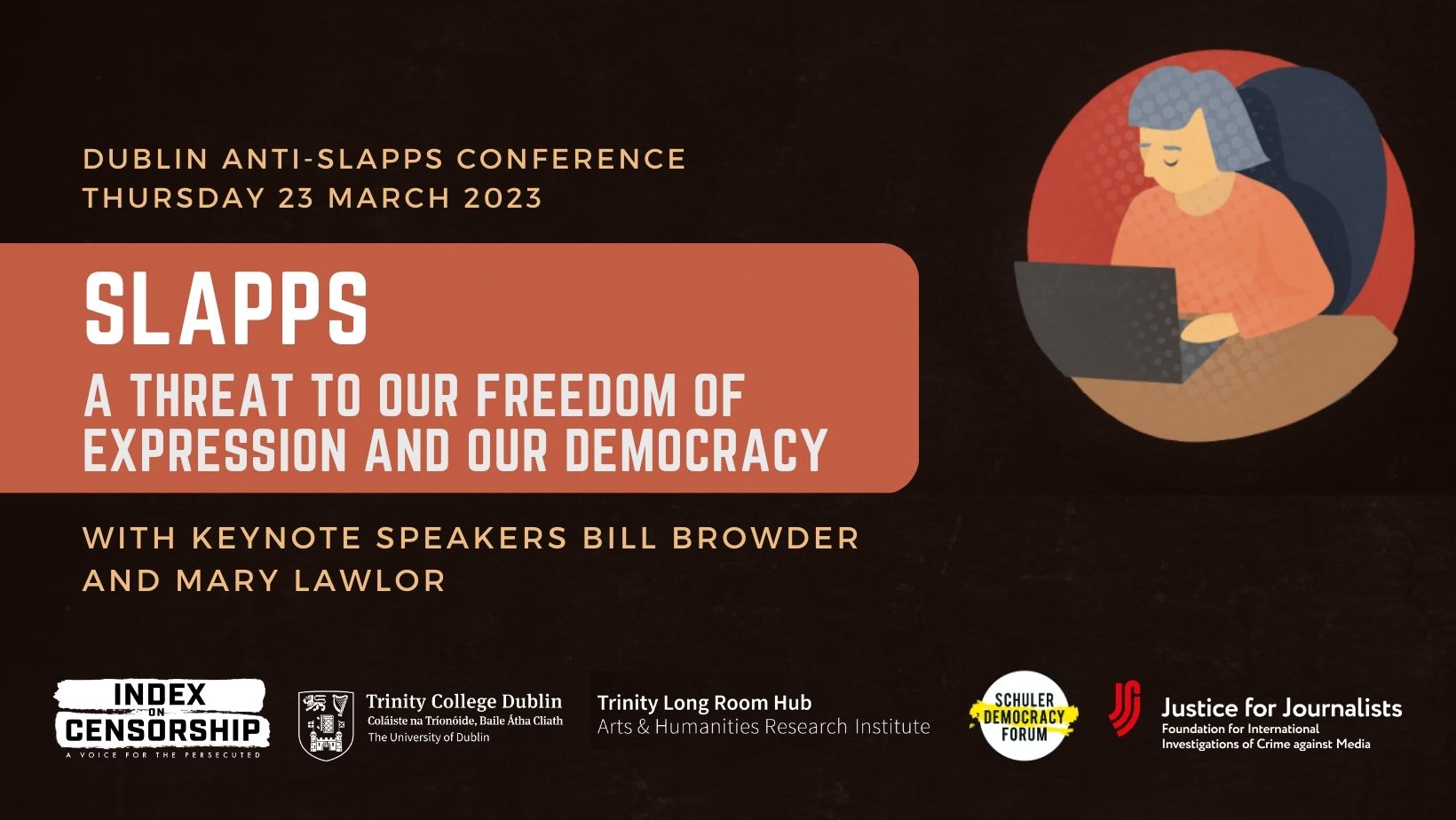Who Owns the Words?
Sunday 6 June
The Guardian Hay Festival, Wales
Articles abound about the ways the internet, twitter, text-messaging and Facebook status updates have changed the culture of reading and writing across the globe. This year Google scaled back its ambitious project to put the world’s books on the web, but for how long? The potential replacement of our beloved ink and paper objects with cold electronic devices—an eventuality in which many of us still refuse to believe—came one sinister step closer this year. The must-have gift of the 2009 holiday season? The e-book reader.
It’s high noon in the digital age, but many of us are still lounging in bed. We’ve been hitting the snooze button since the 90s, refusing to wake from a dream we began in the nineteenth century, when advancing technologies in mass-production made music and image, film and literature widely available. Copies were cheap, and copyright laws have historically protected artists and allowed distributors to prosper. But technology marches on, dragging the culture behind it, and a little over two hundred years later, copies are no longer cheap—they’re free.
Among the many provocative arguments David Shields makes in his new book Reality Hunger: A Manifesto, he argues that the economic model based on the copy is not only no longer sustainable, it’s no longer relevant:
The new model is based on the intangible assets of digital bits: copies are no longer cheap but free and flow freely everywhere. As computers retrieve images from the web or displays from a server, they make temporary internal copies of those works. Every action you invoke on your computer requires a copy of something to be made. Many methods have been employed to try to stop the indiscriminate spread of copies, including copy-protection schemes, hardware-crippling devices, education programs, and statutes, but all have proved ineffectual. The remedies are rejected by consumers and ignored by pirates. Copies have been dethroned; the economic model built on them is collapsing. In a regime of superabundant free copies, copies are no longer the basis of wealth. Now relationships, links, connection and sharing are. Value has shifted away from a copy toward the many ways to recall, annotate, personalize, edit, authenticate, display, mark, transfer and engage a work.
We have become a culture virtually and literally inundated with “cultural artifacts and debris: all of this is part of our lives, but much of it is off limits or artistic expression because someone ‘owns’ it.” In a world where so much content has become so readily accessible, isn’t it a natural development that artists want to make use of available material? This debate over ownership and appropriation in music is widely known—musical artists have been fighting for the right to creatively “sample” for decades. But the debate has been more subdued, perhaps more settled in literature. Or has it?
Shields’ book is made up of some 600 aphorisms, mini-essays, provocative statements and unattributed quotations. Using both his own words and the words of others, he takes on the nature of art, pits fiction against non-fiction, essay against story and imagination against invention. Citing a a literary history of unattributed copying, cribbing and appropriation that includes Nabokov, TS Eliot and Shakespeare, Shields fought for the right to publish hisManifesto without attribution. He lost.
So the question arises, who owns the words? Who owns the music, the images, the stories and touchstones of our culture? The individual artists, the distributing corporations, or the consumers who purchase it? Index on Censorship and Penguin Books bring together a provocative panel, including Mr Shields, to discuss creative sampling the age of the easy copy, and whether the evolution of copyright—long considered a protection of the artist’s creative output, has actually become an obstacle to the ‘natural evolution of human creativity’.
For more information visit the Guardian Hay Festival website


